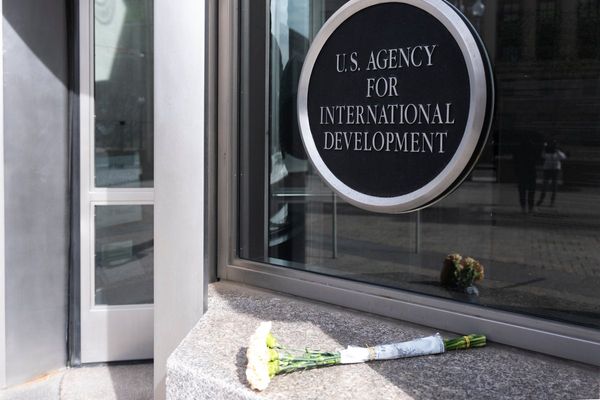
Liz Truss has appointed former foreign secretary Jeremy Hunt as the new Chancellor of the Exchequer after she dramatically sacked Kwasi Kwarteng.
The choice of Mr Hunt, a prominent backer of her rival Rishi Sunak in the Tory leadership contest, will be seen as an attempt to restore stability after weeks of turmoil in the wake of Mr Kwarteng’s mini-budget.
Earlier, Mr Kwarteng was summoned back early from the annual gathering of the International Monetary Fund in Washington to be told of his fate in a brief meeting with the Prime Minister in Number 10.
In further changes, Mr Kwarteng’s deputy, Treasury Chief Secretary Chris Philp, is moved to the Cabinet Office in a job swap with Edward Argar.
In a letter to Ms Truss posted on social media, Mr Kwarteng said: “You have asked me to stand aside as your Chancellor. I have accepted.”
He said her “vision of optimism, growth and change was right” and pledged to support her from the backbenches.
In her reply, Ms Truss said that as “a long-standing friend and colleague” she was “deeply sorry” to lose him from the Government.
“We share the same vision for our country and the same firm conviction to go for growth,” she said.
The choice of Mr Hunt will be seen as an attempt to reach out to critics in the Conservative Party who have felt largely excluded after she packed the Government with supporters.
It is also likely to signal a shift in policy direction.
A more centrist figure, Mr Hunt is unlikely to share Mr Kwarteng and Ms Truss’s ideological free market commitment to tax cuts.
Mr Kwarteng’s dismissal follows weeks of turmoil after his £43 billion package of unfunded tax cuts spooked the financial markets.
His departure may give Ms Truss some brief breathing space as she seeks to shore up her battered authority – but it will also raise fresh questions about her chances of survival.
The Prime Minister is closely linked to Mr Kwarteng’s tax-cutting agenda having strongly defended his plan to get the economy going again.
The commitments to reverse a hike in national insurance rates and ditch a planned rise in corporation tax, without explaining how they would be paid for, were the key planks of her leadership election campaign.
But after the financial markets took fright – with the pound plummeting against the dollar and the cost of Government borrowing soaring – the Conservatives have seen their opinion poll ratings tank.
For Labour, shadow chancellor Rachel Reeves said the whole Government must go.
“Changing the Chancellor doesn’t undo the damage that’s already been done,” she said.
“It was a crisis made in Downing Street. Liz Truss and the Conservatives crashed the economy, causing mortgages to skyrocket, and has undermined Britain’s standing on the world stage.
“We don’t just need a change in Chancellor, we need a change in Government.”
Even before Mr Kwarteng’s sacking there were reports that Tory MPs were plotting to get rid of the Prime Minister amid fears she is set to lead them to certain defeat at the next general election.
There were reports that some MPs were looking to install her main rivals for the leadership – Rishi Sunak and Penny Mordaunt – on a joint ticket at the head of a new administration.
The manoeuvring was condemned by former culture secretary Nadine Dorries, who angrily accused Mr Sunak’s supporters of agitating to get rid of Ms Truss.
She tweeted: “They agitated to remove Boris Johnson and now they will continue plotting until they get their way. It’s a plot not to remove a PM but to overturn democracy.”
Mr Kwarteng appeared to be unaware of his impending fate when he spoke to broadcasters in Washington on Thursday.
Asked if he would still be in office in a month’s time, Mr Kwarteng replied “Absolutely 100%”, adding: “I’m not going anywhere”.







